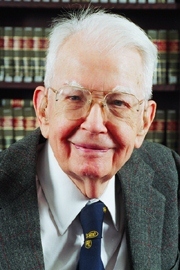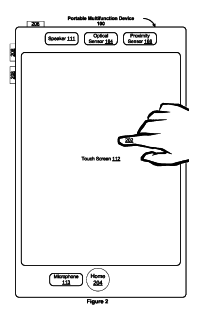Why do some people sign up to have their brains frozen for possible future resurrection, while others don’t? You might think it’s because the first group has more faith in future technology, but Scott Alexander has survey data to suggest otherwise. Active members of the forum lesswrong.com, many of whom had pre-paid for brain freezing, thought there was about a 12% chance it would work. Among members of a control group with no interest in the subject, the estimate was about 15%.
In a long and characteristically thoughtful blog post, Alexander concludes that:
Making decisions is about more than just having certain beliefs. It’s also about how you act on them.
and
The control group said “15%? That’s less than 50%, which means cryonics probably won’t work, which means I shouldn’t sign up for it.” The frequent user group said “A 12% chance of eternal life for the cost of a freezer? Sounds like a good deal!”
Goofus (says Alexander) treats new ideas as false until somebody provides incontrovertible evidence that they’re true. Gallant does cost-benefit analysis and reasons under uncertainty.
So a few weeks ago when we all thought that the chance of a global pandemic was, oh, about 10%, Goofus said “10%? That’s small. We don’t have to worry about it.”, while Gallant would have done a cost-benefit analysis and found that putting some tough measures into place, like quarantine and social distancing, would be worthwhile if they had a 10 or 20 percent chance of averting catastrophe.












